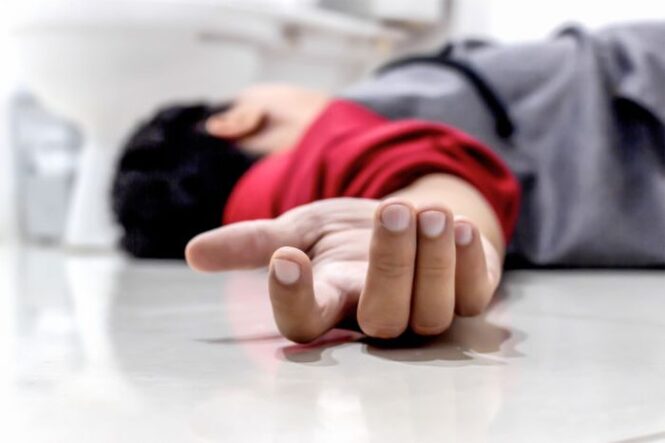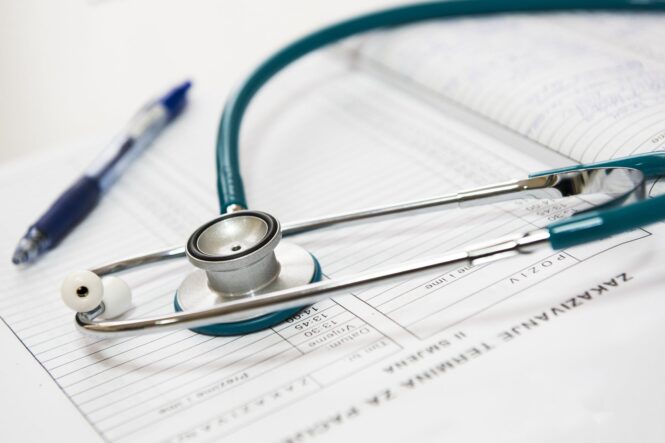Have you ever slipped and fallen? Well, you are not alone. According to the World Health Organization (WHO), nearly 40 million people fall each year. Most end up requiring some medical attention. Out of that number, 646,000 deaths occur, making falls the second leading cause of accidental deaths.
As long as you’re alive and walking, there’s the chance that you might trip up and come tumbling down. A significant chunk of falls occurs through negligence on the part of the patient. Things like texting and walking are all-too-common in this generation. Other causes include negligence on the part of authorities.
Whatever the case, knowing what to do right after an accident is critical in saving your life. Let’s explore some tips on the right course of action after a fall.
Get up Carefully
How you get up after a fall can worsen an injury. You need to be careful in rising. Here are a few steps you can consider.
Pause and Take a Few Breaths
Breathe in and breathe out. Take some time to recover from the shock of a sudden fall. Get an idea of where you are and what is going on before you lift yourself from a fall. Unless where you’ve fallen is an uncomfortable or dangerous place, don’t be in haste to get up.
Check Yourself Thoroughly

Examine your body to see if there are any bruises or cuts. Move your hands and limbs to see if there would be any reaction. Sometimes you may feel pain in parts of your body. The pain can help indicate which part of the body is injured and needs attention.
Get Up As Soon as Possible
You must get up from a fall with caution. However, unduly staying on the ground for too long can lead to complications, including:
- Loss of water
- Low body temperature (Hypothermia)
- Muscle problems
- Heart issues
Don’t just hurl yourself up. There are some recommended steps to getting up safely. Start by crawling or rolling over to a chair or a stable piece of furniture. Make sure you’re lying face down on your stomach. Using the piece of furniture as support, slowly lift yourself. One of your legs should be flat while the other is in a kneeling position. Prop up yourself with the furniture and slowly get up until you’re in a standing position. Carefully turn around and sit down. With this method, you can reduce injury to a minimum.
If you try getting up to no avail, chances are, you are seriously injured. You need to call for help immediately. If there’s no one closeby, bang on the floor and shout to attract support, reach for your phone, and dial 911 immediately. If you can crawl to a safe or more comfortable place, do so and call for help.
Get Medical Attention

If your injury is severe, reach for your phone, dial 911 and request an ambulance. First respondents are often trained extensively in first aid and would know how to take care of various injuries. The type of medical attention you receive right after an injury could either aggravate it or help alleviate it.
While you wait, use cold packs periodically to reduce any form of swelling. Once the inflammation subsides, you can switch to heat packs. However, you’d be better off following the recommendations of your doctors.
Be sure to explain to the first respondents the events leading up to the fall. Sometimes the cause could be an underlying medical condition that needs addressing. Even if you don’t feel any pain, you’d still need to visit a doctor.
Some injuries would only begin to show symptoms days or months later. For instance, if you hit your head during a fall, it may not immediately result in pain. However, it could be the beginning of a severe brain injury.
Document Everything
From stores, sidewalks to stairs, a fall could easily occur anywhere. While some slip-ups or trip-ups may be your fault, others may be due to the negligence of the property owner. In such scenarios, you need to document as much as you can. The information may be helpful to doctors in treating you.
Additionally, details about the fall would come in handy during a legal process. If you want to sue the property owners of where the fall occurred, you’ll need to have precise details on what happened. You’ll also need some evidence. Take notes or make an audio recording if you’re not in the position to write. Take pictures of your injury as well as the place of the damage.
Call an Attorney

Personal injury claims can get complicated. You would need legal advice and direction on what to do. According to Mirman lawyers, in any fall, you may be “justly entitled under the law to compensation for your injuries, pain, suffering, medical costs, and lost wages.”
If the cause of your injury is someone else or an organization, you may be entitled to some form of settlement. An attorney who is well-versed in personal injury claims can put forward your case and get you the compensation you’re due.
How to Avoid Falls
One fall can change your life dramatically. That’s why you should do everything to forestall any slip or trip up. Some of the risk factors include:
Environmental factors
Work on creating a safe environment in your home, office, and places you go often. Remove loose rugs and obstacles. If you find any material that you can trip on in a public place, contact the authorities to address it. Hazardous areas, such as stairwells, bathrooms, and kitchens, should be safeguarded. For instance, you can install handrails in your bathroom to reduce the potential of falls.
Medical Reasons

Several medical conditions are triggers for falls. These include visual impairment, cardiovascular diseases, Parkinson’s disease, dementia, and Alzheimer’s disease. As you grow older, the likelihood of slips increase. That accounts for a lot of falls occurring with people 65 years and older.
Occupational Hazards
If your job involves climbing, carrying, or a lot of swift movement on foot, you are a prime candidate for falls. These jobs are often high-risk and should come with some form of settlement in the event of an accident. Insist on safe working environments. Do not engage yourself in fall-prone tasks if the necessary safety protocols are not in force.
In Conclusion
Falls are all-too-common. Ranging from mild to severe, these injuries can lead to death if not handled with care. This article shows some of the necessary steps you should follow right after an accident. Knowing and following these steps can help preserve your life and avoid worsening an injury. Above all, focus on preventing such injuries.
Age makes people prone to falls. So does negligence and medical conditions such as heart and muscle diseases. Knowing your vulnerability helps you stay alert. Follow these steps to enjoy a life without such risks.
 Imagup General Magazine 2024
Imagup General Magazine 2024



